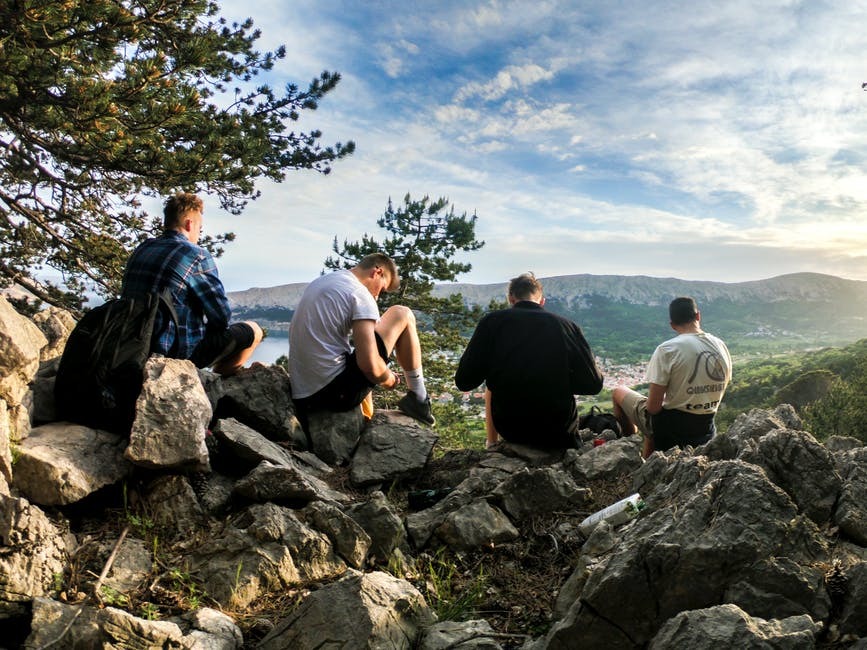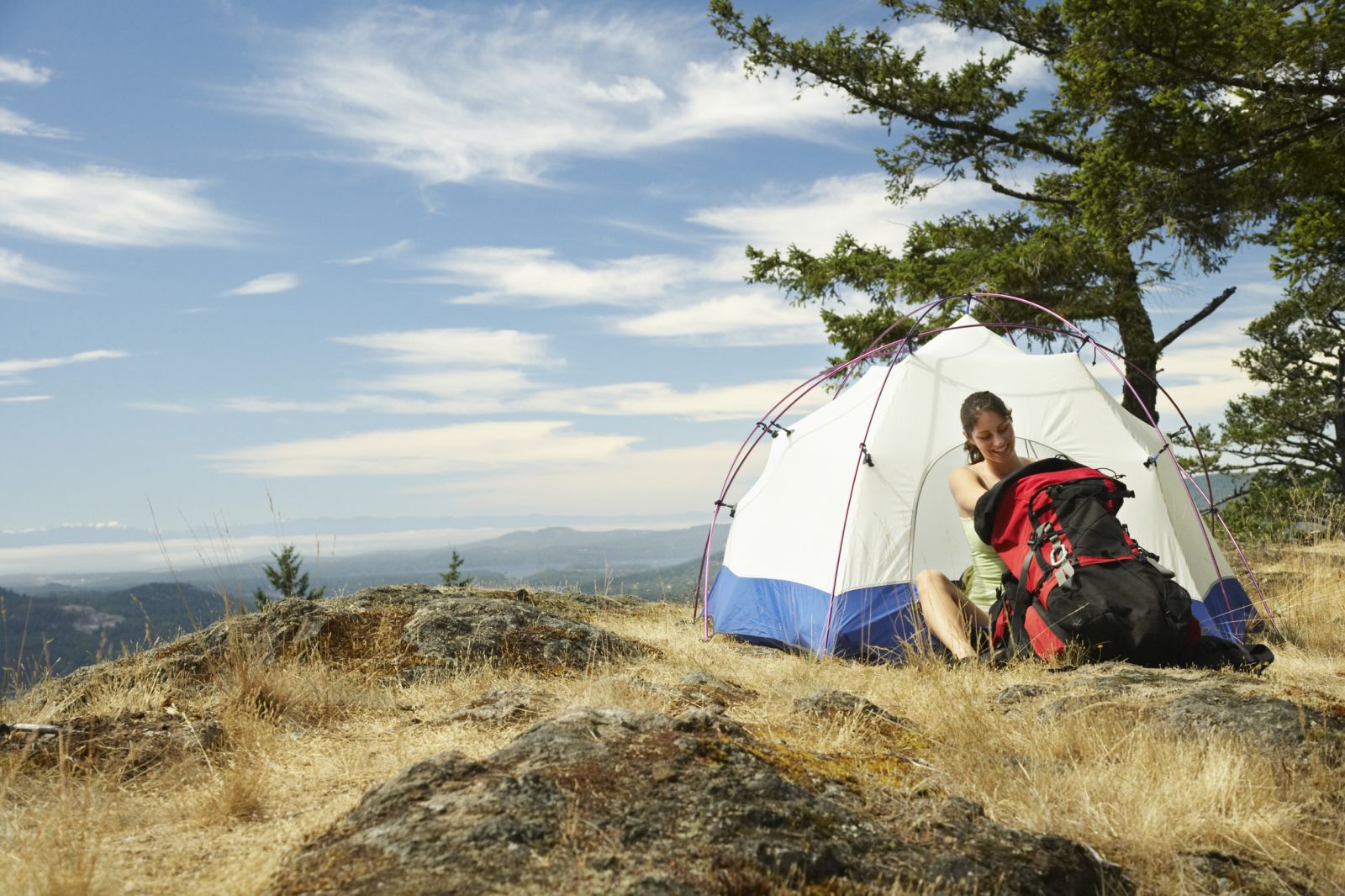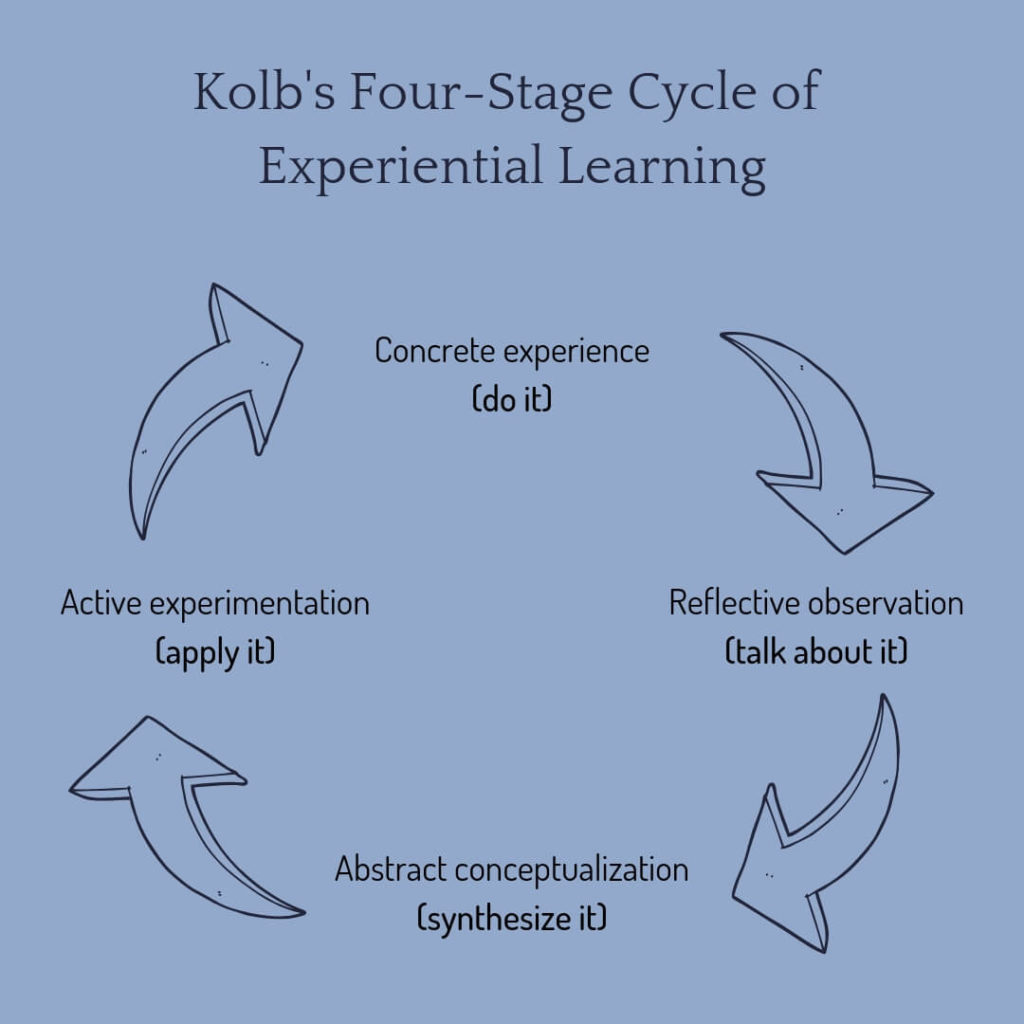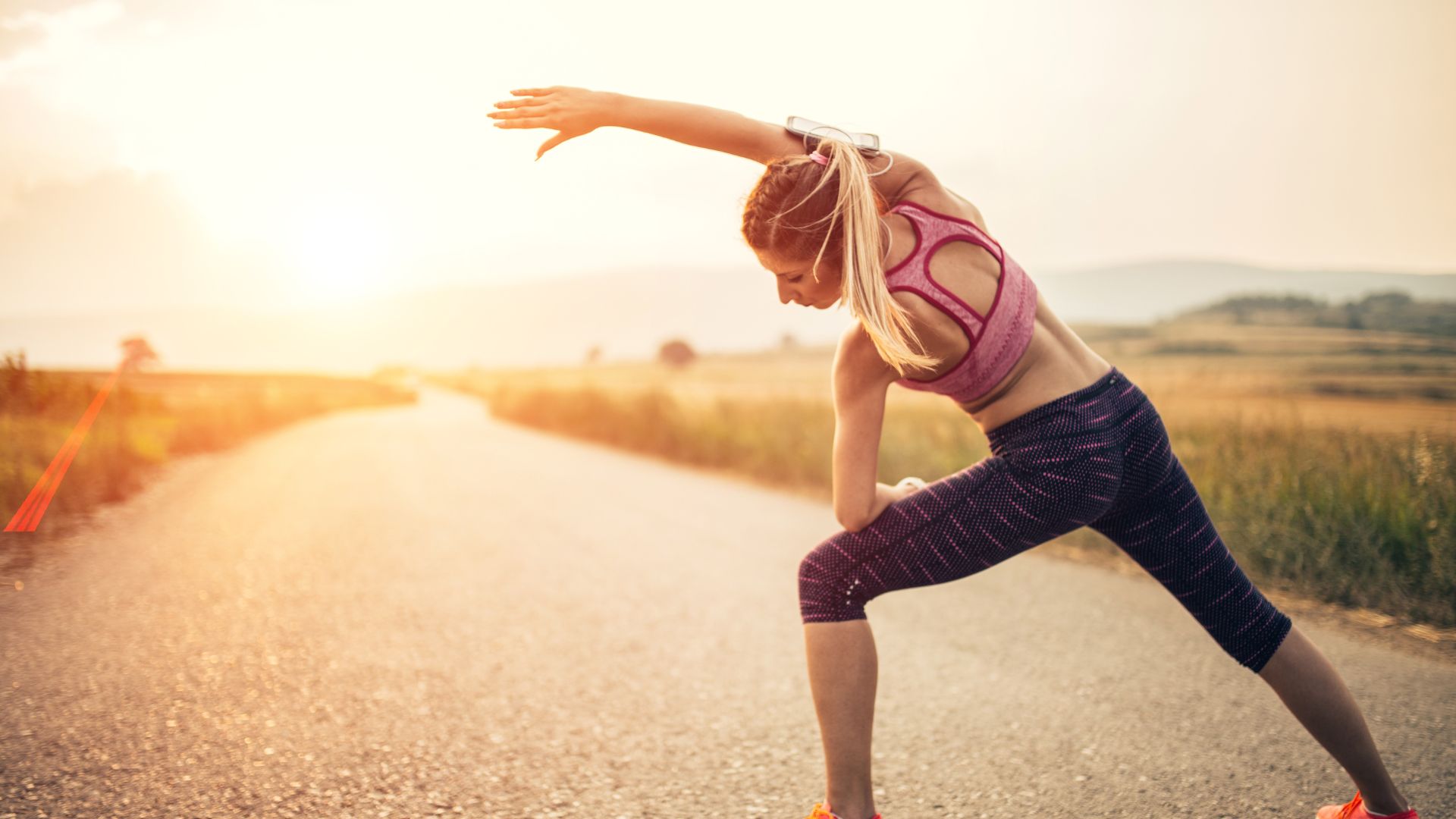PROMOTING RECOVERY
Outdoor Adventure Therapy
The Substance Abuse and Mental Health Services Administration stresses that a holistic approach to treatment offers the best possible outcomes. Outdoor adventure therapy is an experiential treatment that’s been shown to help treat addiction when it’s used along with traditional “talk” therapies.
Experiential therapies are a type of complementary treatment that involves hands-on experiences to help people express difficult emotions and develop essential coping skills. Other examples of experiential therapies include art therapy, horticultural therapy and equine therapy.

Therapies Offered

WHAT IS OUTDOOR ADVENTURE THERAPY?
Outdoor adventure therapy is a type of therapy that takes place during outdoor adventures. It’s an active approach to psychotherapy that involves engaging participants in activities like boating, hiking or climbing and then discussing their thoughts, emotions and reactions during the activity. Participants create meaning through the insights they gain by experiencing, discussing and then transferring the lessons learned into other areas of their lives.
A range of processes create real and meaningful change for those who participate in outdoor adventure therapy. For example, participants gain self-confidence through the successful mastery of a skill; identifying and developing similar skills they possess; re-evaluating irrational thoughts and beliefs about themselves; and applying skills and sub-skills to improve self-confidence in other areas, such as their relationships or career. A trained and qualified adventure therapist leads participants through this process as the adventure unfolds and during the intensive discussions that follow.
HOW OUTDOOR ADVENTURE THERAPY WORKS
Kolb’s Experiential Learning Cycle
Educational theorist David Kolb writes that learning “is the process whereby knowledge is created through the transformation of experience.” Experiential education only works if all four stages are involved. An outdoor adventure alone won’t precipitate learning or change without observing, conceptualizing, and applying the skills learned. His four-stage cycle embodies his theory on experiential learning:
- Concrete experience (do it), or the act of engaging in a new experience
- Reflective observation (talk about it), which involves actively observing and reflecting before, during and after the experience
- Abstract conceptualization(synthesize it), which is all about the reflection of the experience sparking a new idea or the reworking of an old idea or belief
- Active experimentation (apply it), which is where learners apply the new or reworked idea or belief into their lives
- Keep an open mind about new experiences
- Look at the experience from different perspectives
- Create concepts based on their observations
- Use these concepts in their lives to solve problems and make decisions
The University of Kentucky stresses that in order for outdoor adventure therapy to be effective, participants must:
7 Main Concepts of Outdoor Adventure Therapy
The driving concepts of outdoor adventure therapy are based on the principles of experiential education, according to the Association for Experiential Education. They draw on the value of hands-on experiences and full engagement in the therapy and include:
TRUST AND SUPPORT ACTIVITIES
Trust and support activities involve situations where participants must rely on each other to complete a task, such as navigating an obstacle course with a blindfold on. These activities give participants the chance to help others and experience being in control over another person’s physical and emotional wellbeing. It gives them the opportunity to accept help and rely on others for support. Trust and support activities help participants:
- Develop a stronger relationship with the therapist and other group members
- Explore different levels of trust across different relationships
- Experience positive effects of a relationship based on trust
- Develop confidence in their ability to help other people
- Set healthy boundaries
Types of Activities in Outdoor Adventure Therapy
Adventure therapy involves a variety of different types of activities, including cooperative games, activities to bolster problem-solving skills, trust-building activities and wilderness expeditions. Each type of activity has specific benefits for participants.
COOPERATIVE ACTIVITIES
Cooperative activities offer opportunities for fun and positive interactions. They’re chosen for specific purposes, such as introducing group members, reducing stress or deepening the client-therapist relationship. Cooperative activities enable the therapist to accurately assess a client’s functioning level, confidence and engagement and help participants:
- Build positive relationships
- Improve social skills
- Increase self-awareness
- Challenge preconceived notions about themselves and other people
- Build trust within the group
INITIATIVE ACTIVITIES
Cooperative activities offer opportunities for fun and positive interactions. They’re chosen for specific purposes, such as introducing group members, reducing stress or deepening the client-therapist relationship. Cooperative activities enable the therapist to accurately assess a client’s functioning level, confidence and engagement and help participants:
- Develop cooperation and communication skills
- Build trust among group members
- Promote problem-solving skills
- Develop strategies for managing emotions
- Increase self-awareness
HIGH CONSTRUCTED ELEMENTS
High constructed elements are activities that take place at some height above the ground, such as a ropes course or zip line. These “risky” activities precipitate behavioral, emotional and cognitive responses that can be related to personal treatment goals. High constructed elements help participants:
- Set realistic goals
- Learn to support others
- Build healthy relationships
- Manage impulses and emotions
- Develop healthy coping skills
- Develop self-confidence
- Reinforce trust in others
HIGH ADVENTURE AND LOW ADVENTURE ACTIVITIES
High adventure activities like rock climbing, canyoneering and caving carry a higher risk than other types of activities, and they help participants master a range of skills. Low adventure activities like kayaking, fishing and hiking are less risky than high adventure activities, but they provide high-intensity experiences. High and low adventure activities may take place over the course of a day, or they can be overnight or extended trips. High and low adventure activities help clients:
- Develop personal responsibility
- Develop greater self-awareness
- Learn to accept help and offer help to others
- Improve their coping skills
- Improve emotional management skills
- Learn to cooperate and build healthy relationships built on trust
- Create a deep and meaningful connection to nature
EXPEDITIONARY ACTIVITIES
Expeditionary activities are longer adventure trips that can last anywhere from a week to several months. Expeditions are intensive adventures that produce a high level of change in a short period of time. During expeditionary activities, participants are removed from their familiar life and encounter numerous opportunities for learning and reflection. Through expeditionary activities, clients:
- Understand the interdependent nature of the activity and develop trust in others
- Build healthy relationships
- Increase self-awareness surrounding personal choices
- Experience natural consequences of their actions
- Develop a high level of self-confidence
- Connect with nature in meaningful ways
- Learn essential coping skills
Resources:
https://web.archive.org/web/20210803162416/https://www.aee.org/tapg-best-p-foundational-concepts
https://www.outdoor-learning-research.org/Portals/0/Research%20Documents/Horizons%20Archive/H56.OutdoorAndAdventureTherapy.pdf
https://www.samhsa.gov/recovery
Kolb, D. A. (1984). Experiential learning: Experience As the Source of Learning and Development. Englewood Cliffs, NJ: Prentice-Hall.
SAFE HARBOR TREATMENT CENTER
Outdoor Adventure Therapy Promotes Long-Term Recovery
According to the Institute for Outdoor Learning, outdoor adventure therapy has far-reaching effects for those who fully participate. 4 These include:
- Recovery from mental fatigue and better concentration
- Better overall cognitive functioning
- A more positive way of seeing the world
- Better coping skills to deal with stress, negative emotions and cravings
- Better physical and mental health and wellbeing
A high-quality outdoor adventure therapy program will follow the industry’s best practices and guidelines as set forth by the Outdoor Behavioral Healthcare Council and the Association for Experiential Education. Accredited adventure therapy programs offer the best outcomes. Accreditations are offered by the Association for Experiential Education, the Association for Challenge Course Technology, the International Adventure Therapy Conference and the Outdoor Behavioral healthcare Council.
Outdoor adventure therapy is hard work, but it’s fun and engaging work that helps participants internalize the lessons learned on each adventure. As part of a high-quality, holistic treatment program, adventure therapy promotes meaningful change and long-term recovery.

